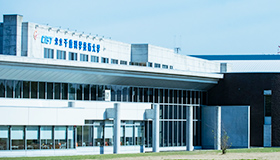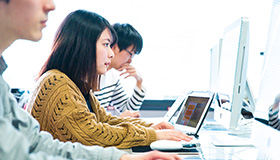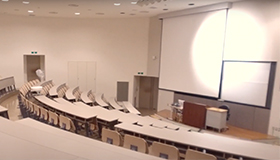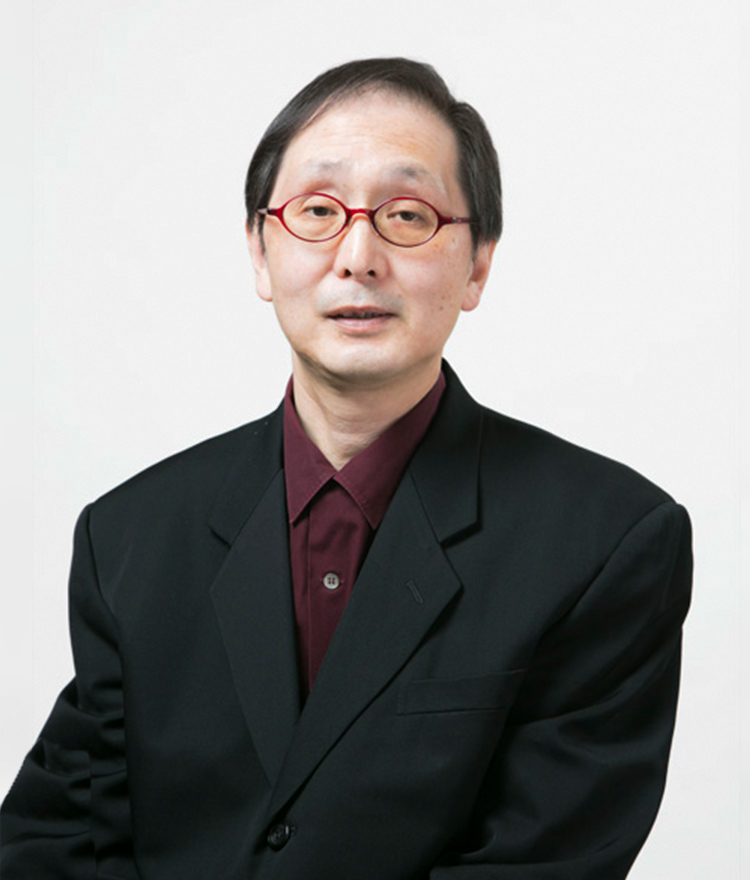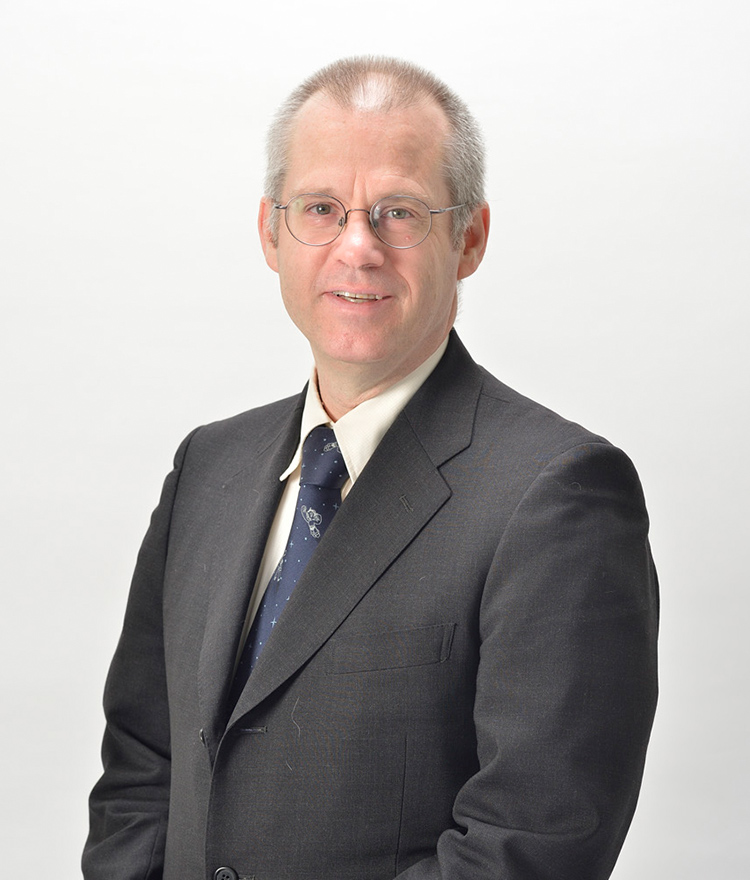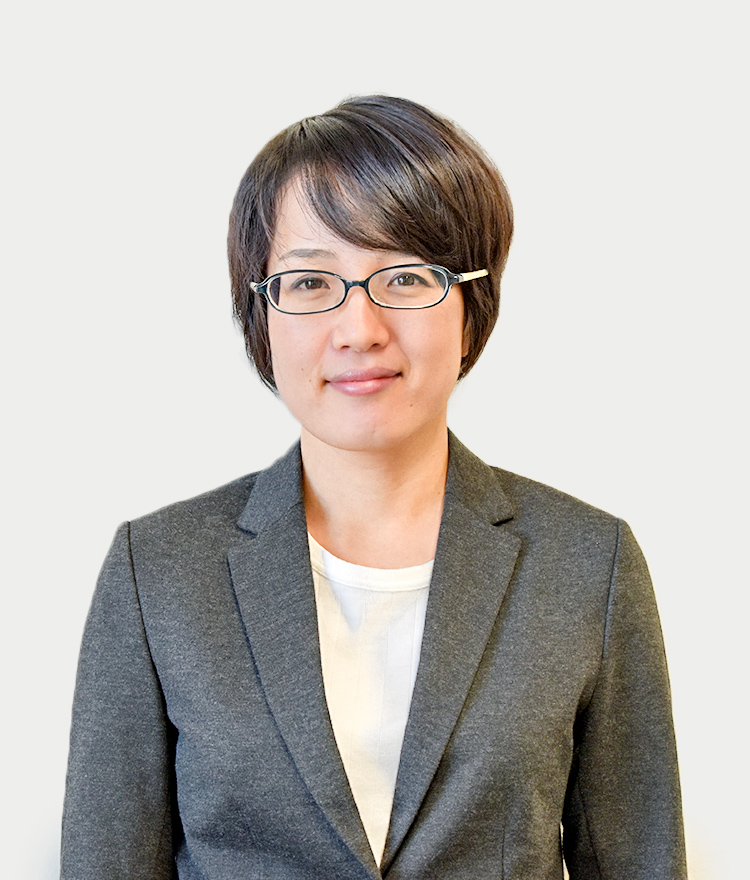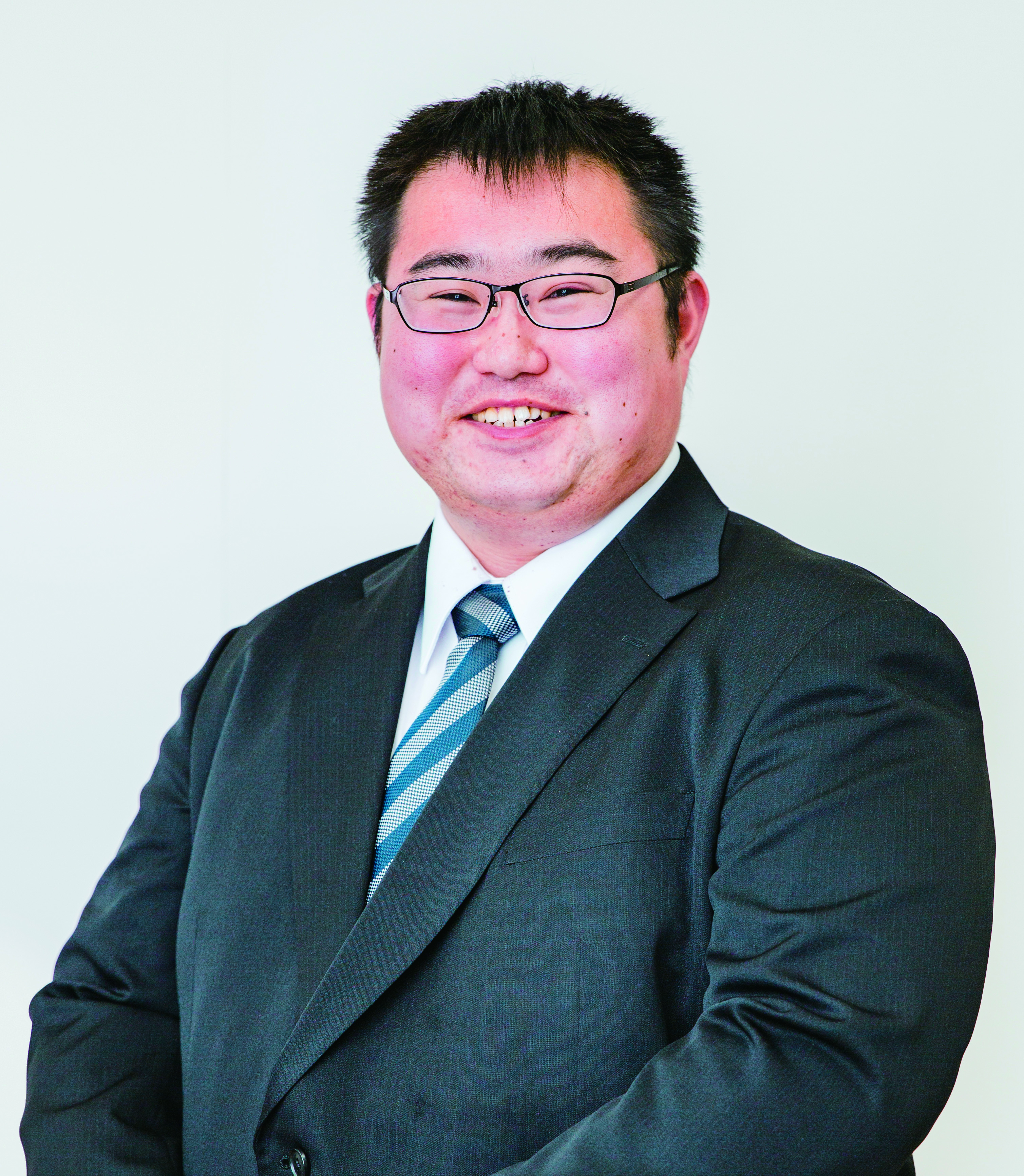Faculty of Science and Technology
“Science and technology” is a general term for “science” and “technology.” Why do you need to put them together? “Science” pursues the fundamentals of the real world, and includes physics, chemistry and biology, and based on them, “technology” refines technologies that are useful in real life. Only by learning both in a cross-sectoral manner can the comprehensive strength be acquired to serve society more securely.
Unraveling “? (unknown things)” with the power of “science” and create "! (future)" with the power of “technology.”
You can share in the excitement of the Faculty of Science and Technology of Chitose Institute of Science and Technology?
Unraveling “? (unknown things)” with the power of “science” and create "! (future)" with the power of “technology.”
You can share in the excitement of the Faculty of Science and Technology of Chitose Institute of Science and Technology?

Faculty of Science and Technology comprises nine fields and three departments
Recently, the utilization of AI and other technologies has led to an accelerated diversification and specialization of expertise in science and technology.
To create new value for society in such an era, it is important to acquire knowledge and skills in one's foundational field of expertise, while also cultivating a broad perspective to transcend the boundaries of that specialization.
Therefore, as a characteristic of our Faculty of Science and Engineering, we have prepared a curriculum where students can systematically study a wide range of subjects in the following nine areas in order to cultivate students' foundations in both the fundamental principles of "science" and various fields of "engineering" through common foundational education after enrollment.
Additionally, we offer a curriculum that fosters students' ability to learn independently through experimental practical classes and project-based leaning.
In this way, we endeavor to cultivate individuals who play an active role at the core of society by consistently implementing new educational curricula that adapt to the demands of the times.
To create new value for society in such an era, it is important to acquire knowledge and skills in one's foundational field of expertise, while also cultivating a broad perspective to transcend the boundaries of that specialization.
Therefore, as a characteristic of our Faculty of Science and Engineering, we have prepared a curriculum where students can systematically study a wide range of subjects in the following nine areas in order to cultivate students' foundations in both the fundamental principles of "science" and various fields of "engineering" through common foundational education after enrollment.
Additionally, we offer a curriculum that fosters students' ability to learn independently through experimental practical classes and project-based leaning.
In this way, we endeavor to cultivate individuals who play an active role at the core of society by consistently implementing new educational curricula that adapt to the demands of the times.
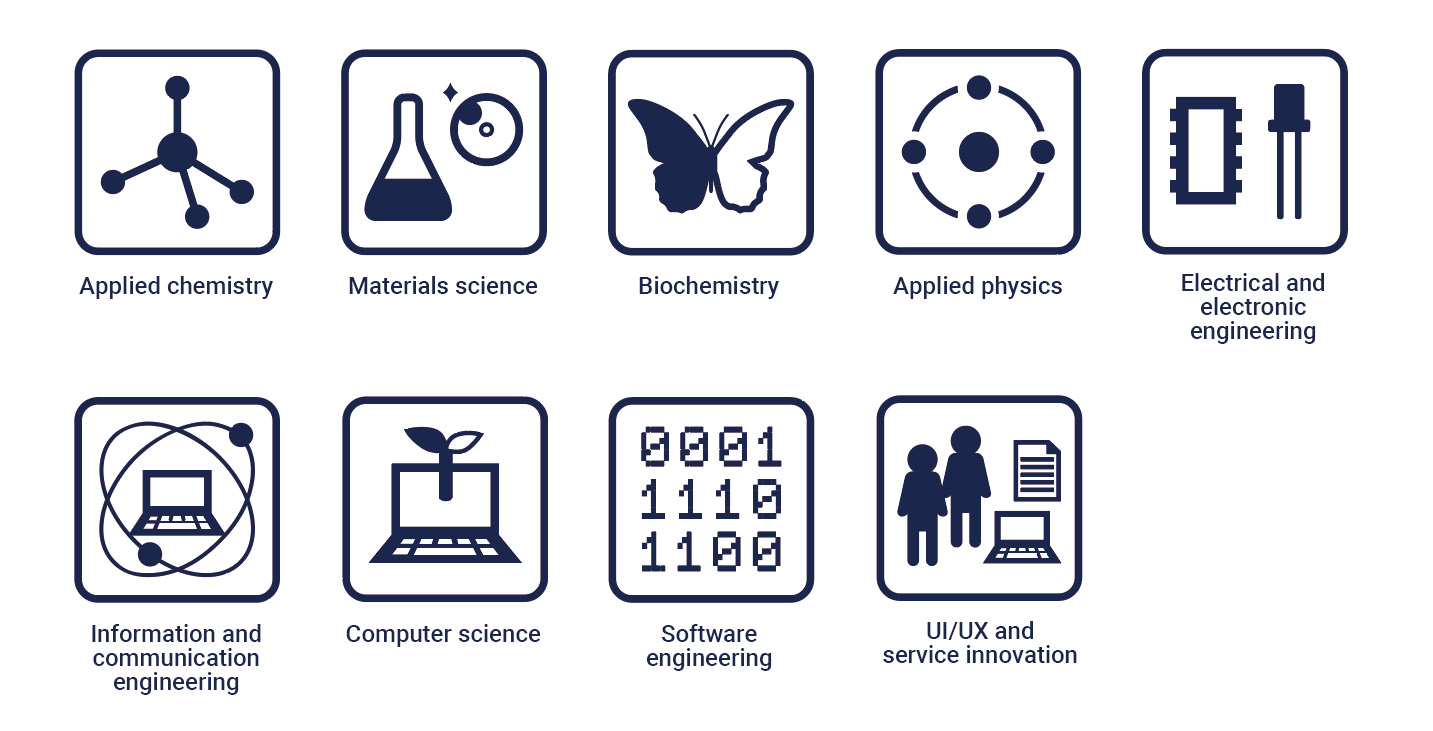
Applied chemistry
Students will learn the composition, properties, and chemical reactions of substances that form the foundation for the development of new materials and their innovative applications.Material science
Students will learn the molecular-level and nano-level material structures and properties that form the foundation for the development of high-performance and high-functionality materials supporting emerging technologies fields such as photonics.Environmental/Biological engineering
Students will learn the rational composition and mechanism of living organisms that form the foundation for research that applies the capabilities inherent in biology to environmental issues and medical fields.Applied physics
Students will learn a diverse range of physics knowledge, including quantum mechanics, which forms the foundation for research in fields such as semiconductor technology that supports the infrastructure of social life and industry.Electrical and Electronic engineering
Students will learn electrical engineering and electronics that form the foundation for the development of electronic circuits and their control methods incorporated in devices such as mobile phones and robots.Information and communication engineering
Students will learn information and communication technology that form forms the foundation for research into technologies such as optical fibers and mobile communication networks that support the information society.Computer engineering
Students study computer scientific applications including artificial intelligence (AI) after learning the mathematical backgrounds needed to process various types of information on computer system.Software engineering
Students will learn various programming languages through practical experience that form the foundation for software planning, design, and development.UI/UX and Service Innovation
Students study a design and engineering approach to user interface (UI) of interactive systems aimed at creating engaging user experience (UX) in services that provide value to customers and stakeholders. This approach prioritizes user needs and UX within service systems, based on the human-centered design (HCD) concept.Selection of a major in the second year
Department of Applied Chemistry and Bioscience
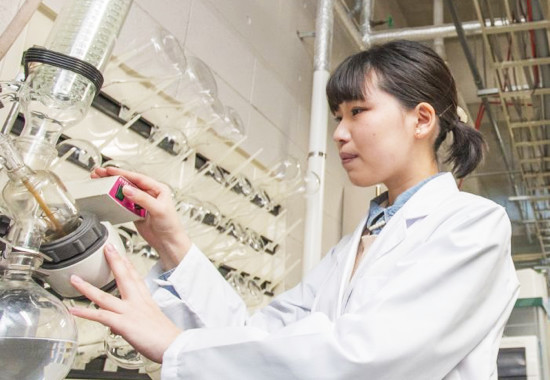
Founded on the science and engineering basics centered on chemistry and biology, students develop the ability to not only be useful in the materials-related and medical fields, but also in a wide range of fields including food, the environment, and energy.
Through a wide range of thematic experiments/practical training and graduation research, students acquire extensive knowledge that can be applied to any field, flexible thinking, and communication skills.
Through a wide range of thematic experiments/practical training and graduation research, students acquire extensive knowledge that can be applied to any field, flexible thinking, and communication skills.
Department of Electronics and Optical Engineering
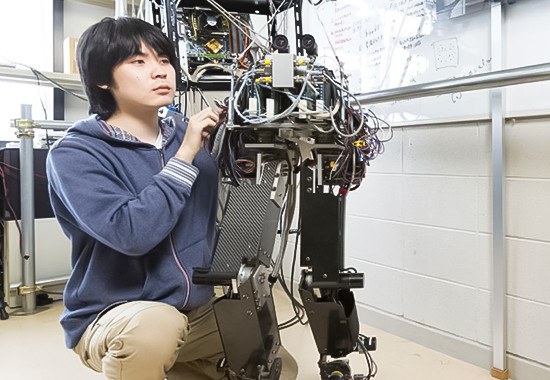
At this department students study the basics of electronics as well as highly specialized optical technology, thereby developing the abilities to create new “craftmanship” and “system building” that can support industrial development and people, including electrical, electronic, information, communication and robot technologies.
Students acquire practical skills through a wide range of experiments and computer training.
Students acquire practical skills through a wide range of experiments and computer training.
Department of Information Systems Engineering

At this department students study information society and ethics, computers and information processing, information systems, information communication networks, multimedia expressions and technologies.
In addition to this knowledge, students learn educational technology, information and communication engineering, and service engineering in a cross-sectoral manner to become engineers who can advance and develop society.
In addition to this knowledge, students learn educational technology, information and communication engineering, and service engineering in a cross-sectoral manner to become engineers who can advance and develop society.
Four years in the Faculty of Science and Technology
The university’s curriculum provides students a foundation as professionals in science and engineering who can apply the foundation to study specialized fields, maximizing their potential.
The Faculty of Science and Technology of the university features practical learning that integrates science and engineering in a cross-sectoral manner.
A wide range of human resources required by society, from engineers to business leaders with a strong background in technology are nurtured.
Students acquire the basics in the first year and choose a major as the department where they belong from the second year. In the third year they deepen their expertise and find an interesting theme, and in the fourth year they finally work on their own research.
The curriculum cultivates reliable skills for the future within four years.
The university also implements an “e-portfolio” from the first year. An e-portfolio is a comprehensive student record in which the entire study history and career development of each student is accumulated.
The record is shared between faculty members and the student to provide the best support for the student’s studies and campus life.
The Faculty of Science and Technology of the university features practical learning that integrates science and engineering in a cross-sectoral manner.
A wide range of human resources required by society, from engineers to business leaders with a strong background in technology are nurtured.
Students acquire the basics in the first year and choose a major as the department where they belong from the second year. In the third year they deepen their expertise and find an interesting theme, and in the fourth year they finally work on their own research.
The curriculum cultivates reliable skills for the future within four years.
The university also implements an “e-portfolio” from the first year. An e-portfolio is a comprehensive student record in which the entire study history and career development of each student is accumulated.
The record is shared between faculty members and the student to provide the best support for the student’s studies and campus life.
First year: basics
With the common basic education curriculum that focuses on the first and second years, students acquire basic qualifications common to specialized fields and general knowledge that can be utilized in the real world.
Second year: selection
Students select a major in the second year. They are divided into three departments that cross science and engineering, and start specialized education.
After spending their first year searching for a field of interest, students are divided into three departments in the second year and start to receive specialized education.
From the three departments of “Applied Chemistry and Bioscience,” “Opto-Electronic System Engineering,” and “Information Systems Engineering,” students select a department based on their major field of interest or the laboratory they wish to belong to in the future. They study science and engineering in a well-balanced manner depending on their specialty.
After spending their first year searching for a field of interest, students are divided into three departments in the second year and start to receive specialized education.
From the three departments of “Applied Chemistry and Bioscience,” “Opto-Electronic System Engineering,” and “Information Systems Engineering,” students select a department based on their major field of interest or the laboratory they wish to belong to in the future. They study science and engineering in a well-balanced manner depending on their specialty.
Third year: specialty
While acquiring advanced knowledge in each specialized field, students find the theme they want to study.
In the third year, more specialized education is provided. There are many stimulating opportunities through interacting with seniors and juniors.
In November, students decide which laboratory they wish to belong to for the graduation research that will be a compilation of the studies at the university.
Since students can visit laboratories from their first year, they can find a laboratory that interests them at an early stage. In the third year, there are also employment support programs, such as internships.
In the third year, more specialized education is provided. There are many stimulating opportunities through interacting with seniors and juniors.
In November, students decide which laboratory they wish to belong to for the graduation research that will be a compilation of the studies at the university.
Since students can visit laboratories from their first year, they can find a laboratory that interests them at an early stage. In the third year, there are also employment support programs, such as internships.
Fourth year: research
Students belong to a laboratory depending on their interests, and work on research activities that form the culmination of their university life.
Full-scale research activities start in laboratories with different atmospheres and research contents.
In each field, students deepen their expertise under the guidance of faculty members. The results of the research summarized as a graduation thesis are presented on campus.
There are many opportunities for presentations and discussions in each laboratory. Accordingly, students can develop communication and presentation skills.
Full-scale research activities start in laboratories with different atmospheres and research contents.
In each field, students deepen their expertise under the guidance of faculty members. The results of the research summarized as a graduation thesis are presented on campus.
There are many opportunities for presentations and discussions in each laboratory. Accordingly, students can develop communication and presentation skills.
Common subjects (common basic education curriculum)
●Compulsory subject ★Elective compulsory subjects ■Elective subjects
General liberal arts subjects
●Basic Science ●Basic Informatics Exercise ●Mathematics A ●Introduction to Biology ●Introduction to Chemistry
●Introduction to Electronics ●Basic Technology ●Basic Science and Engineering Experiment ●Introduction to Information Technology ●Introduction to Physics
★Data Science ★Mathematics B and C ★Basic Electronics ★Basic Informatics ★Basic Chemistry
★Basic Biology ★Mechanics ★Thermodynamics ★Human Information Science ★Basic Fourier Mathematics ★Philosophy and the World
★Ethics and Humans ★Mental Science ★Introduction to Logic ★Modern Socioeconomics ★Living and Law ★Religion and Science/Technology
★Living and Politics ★People and Society ★History of Hokkaido ★Introduction to Psychology ★Constitution of Japan
■Elementary Physics ■Basic Mathematics ■Career Formation A1 and A2 ■Career Formation B1 and B2
●Introduction to Electronics ●Basic Technology ●Basic Science and Engineering Experiment ●Introduction to Information Technology ●Introduction to Physics
★Data Science ★Mathematics B and C ★Basic Electronics ★Basic Informatics ★Basic Chemistry
★Basic Biology ★Mechanics ★Thermodynamics ★Human Information Science ★Basic Fourier Mathematics ★Philosophy and the World
★Ethics and Humans ★Mental Science ★Introduction to Logic ★Modern Socioeconomics ★Living and Law ★Religion and Science/Technology
★Living and Politics ★People and Society ★History of Hokkaido ★Introduction to Psychology ★Constitution of Japan
■Elementary Physics ■Basic Mathematics ■Career Formation A1 and A2 ■Career Formation B1 and B2
Foreign language subjects
●English 1A and 2A
★Basic English 1 and 2 ★English 1B and 2B
■Chinese 1, 2 and 3 ■German ■French ■Intermediate English 1A, 1B, 1C and 1D ■Intermediate English 2A, 2B, 2C and 2D
■Advanced English 1A, 1B and 1C ■Advanced English 2A and 2B ■Technical Chinese 1 and 2 ■Certified English 1, 2 and 3
★Basic English 1 and 2 ★English 1B and 2B
■Chinese 1, 2 and 3 ■German ■French ■Intermediate English 1A, 1B, 1C and 1D ■Intermediate English 2A, 2B, 2C and 2D
■Advanced English 1A, 1B and 1C ■Advanced English 2A and 2B ■Technical Chinese 1 and 2 ■Certified English 1, 2 and 3
Common subjects (*)
■General Sports 1 and 2 ■Health Science
Faculty members in charge of common education
Masahiro Ogawa, Associate Professor, Department of Information Systems Engineering
Subject: EnglishGo to the detailed profile of Associate Professor Ogawa →
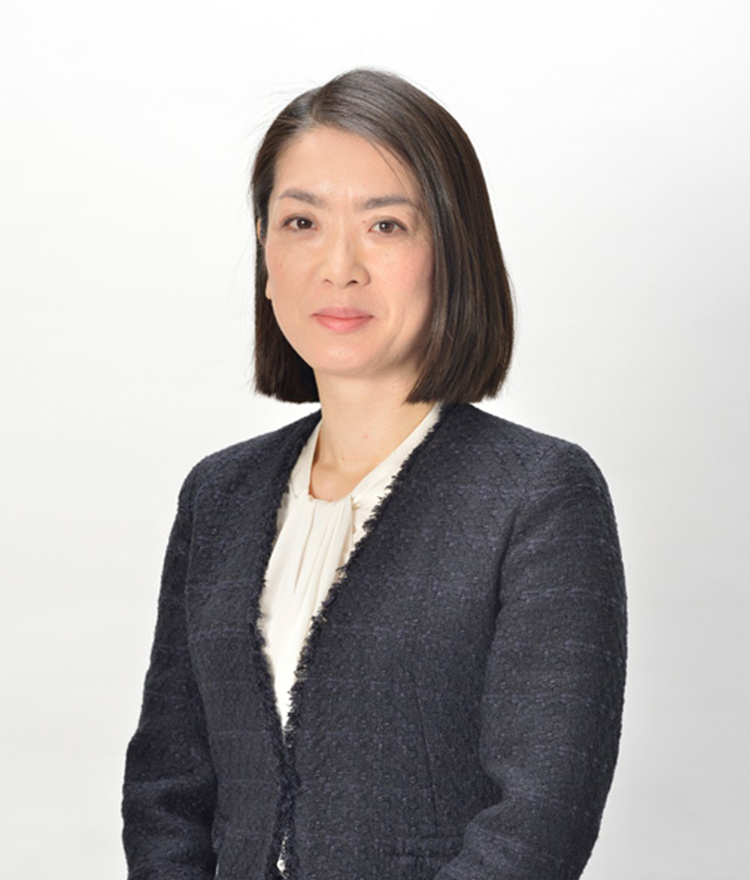
Saika Kanai, Full-time Lecturer, Doctor of Philosophy, Faculty of Science and Technology (common education)
Subject: EnglishGo to the detailed profile of Lecturer Kanai →
Randy L. Evans, Full-time Lecturer, Department of Information Systems Engineering
Subject: EnglishGo to the detailed profile of Lecturer Evans →
Aya Yamashita, Full-time Lecturer, Doctor of Literature, Faculty of Science and Technology, (common education)
Subject:Go to the detailed profile of Lecturer Yamashita →
Shun'ichi Honda, Assistant Professor, Doctor of Philosophy, Faculty of Science and Technology (common education)
Subject:Go to the detailed profile of Assistant Professor Honda →

